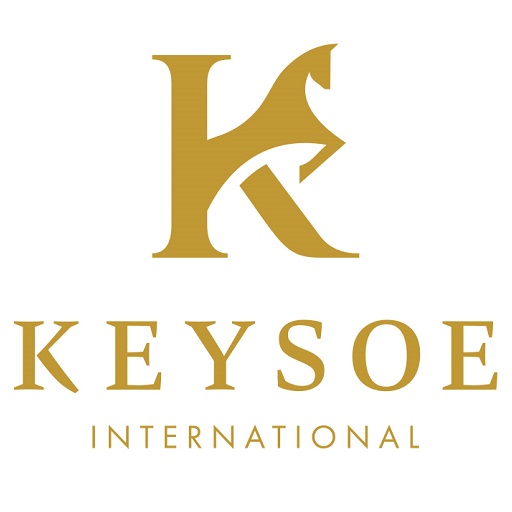

There are a lot of abbreviations used by people in the Special Educational Needs and Disability sector, which can get more than a little confusing.
So here’s a helpful list of some of the most common terms you might find:
| Abbreviation | Meaning |
| ADD/ADHD | Attention deficit disorder / attention deficit hyperactivity disorder |
| BESD | Behaviour, Emotional & Social Difficulties |
| ASD/ASC | Autistic spectrum disorder – no longer used by some professional due to the connotations of disorder. Some professionals e.g. speech and language therapist use autistic spectrum condition. |
| CAF | Common assessment framework |
| CAMHS | Child and adolescent mental health services |
| CI | Communication and interaction |
| CL | Cognition and learning |
| CoP | Code of practice |
| CP | Child protection |
| DDA | Disability Discrimination Act |
| DME | Dual or multiple rxceptionality (DME) is the term used to describe a child who is not only exceptionally able but also has an additional learning difficulty or a disability. |
| EHA | Early Help Assessment |
| EHCP | Education and health care plan. Replaced old statements (Statutory assessment of a child’s special educational needs) and involves 3 agencies schools, health and social care. |
| EOTAS | Education other than at school |
| EP | Education psychologist |
| Fine Motor | Small movements i.e. using scissors, writing, tying shoelaces |
| GLD | Global learning difficulties |
| Gross Motor | Large movements e.g. Running, jumping and climbing |
| HI | Hearing impaired |
| HLTA | Higher level teaching assistant |
| IBP | Individual Behaviour Plan |
| IEP | Individual education plan (no longer used by some schools following introduction of CoP 2015) |
| K | SEND Support (replaces SA & SA+) As part of the graduated response this may include targeted or specialist support, when outside agencies become involved. |
| LAC | Looked after children |
| LD | Learning difficulties |
| LSA | Learning support assistant |
| MAC | More able child (child working a year above age-related expectations) |
| MLD | Moderate learning difficulties |
| MSI | Multi-Sensory Impariment |
| ODD | Oppositional defiant disorder |
| OT | Occupational therapy/therapist |
| P Levels | Type of assessment used for pupils working below level 1. |
| PD | Physical disability |
| PDA | Pathological Demand Avoidance |
| PEP | Personal education plan (for looked after children) |
| PMLD | Profound and multiple learning difficulties profound and multiple learning difficulties – Pupils with PMLD are those with severe and complex learning needs, usually a combination of learning difficulties and sensory impairments or medical conditions. They may only be able to communicate by gesture, eye movement and/or simple language. Often, they cannot manage their own personal care. PMLD pupils need a high level of adult support and sensory stimulation and they are usually educated in special schools or hospital units. |
| SaLT | Speech and language therapy |
| SEMH | Social, Emoptional & Mental Health |
| SEN(D) | Special educational needs (and disabilities) |
| SENCo | Special educational needs co-ordinator |
| SLCN | Speech, language and communication needs |
| SLD | Severe learning difficulties |
| SM | Selective mutism (formerly known as elective mutism) |
| SPDs | Sensory processing disorders |
| SpLD | Specific learning difficulties |
| SPM | Sensory, physical, medical |
| TA | Teaching assistant |
| TAC | Team around the child |
| TAF | Team around the family (when CAF is about whole family) |
| VI | Visually impaired |
